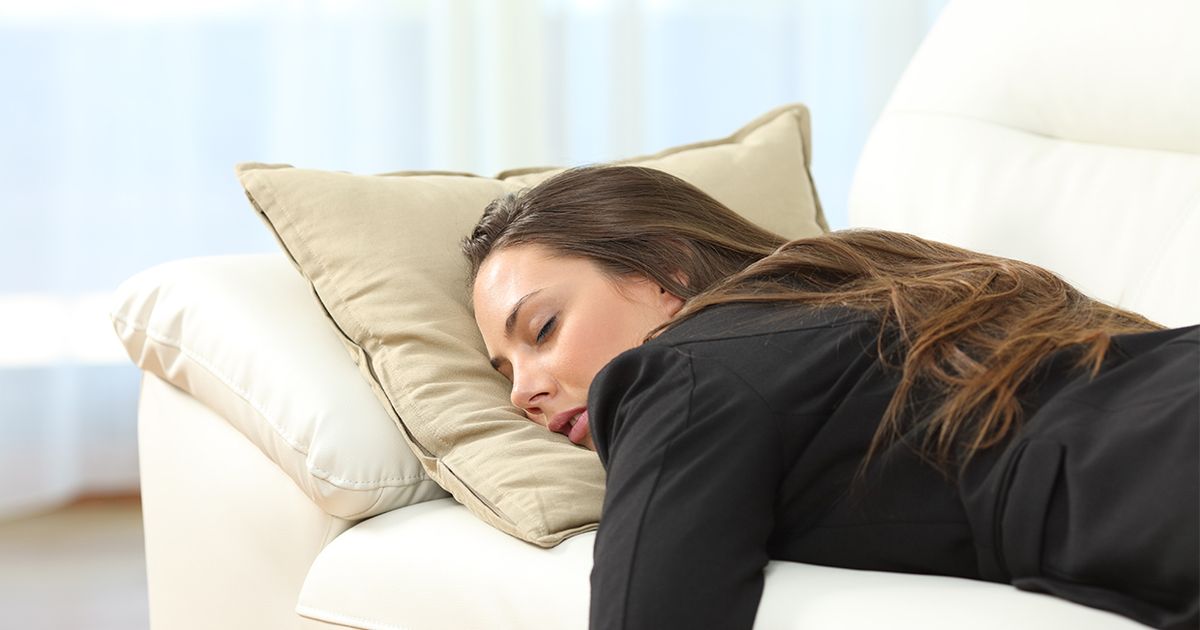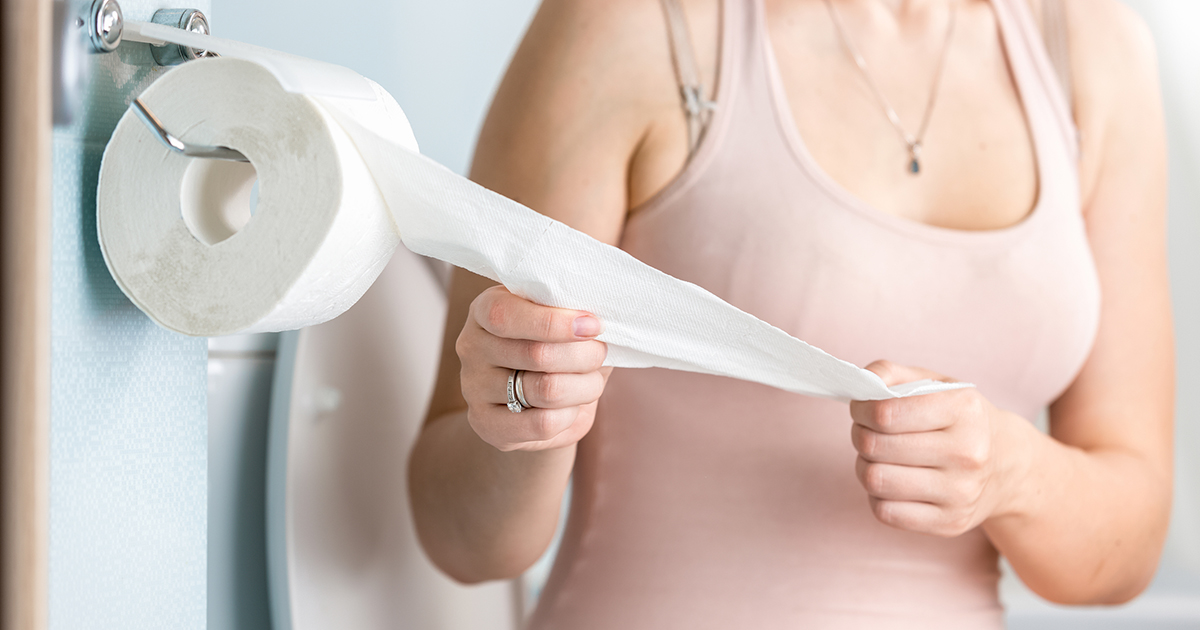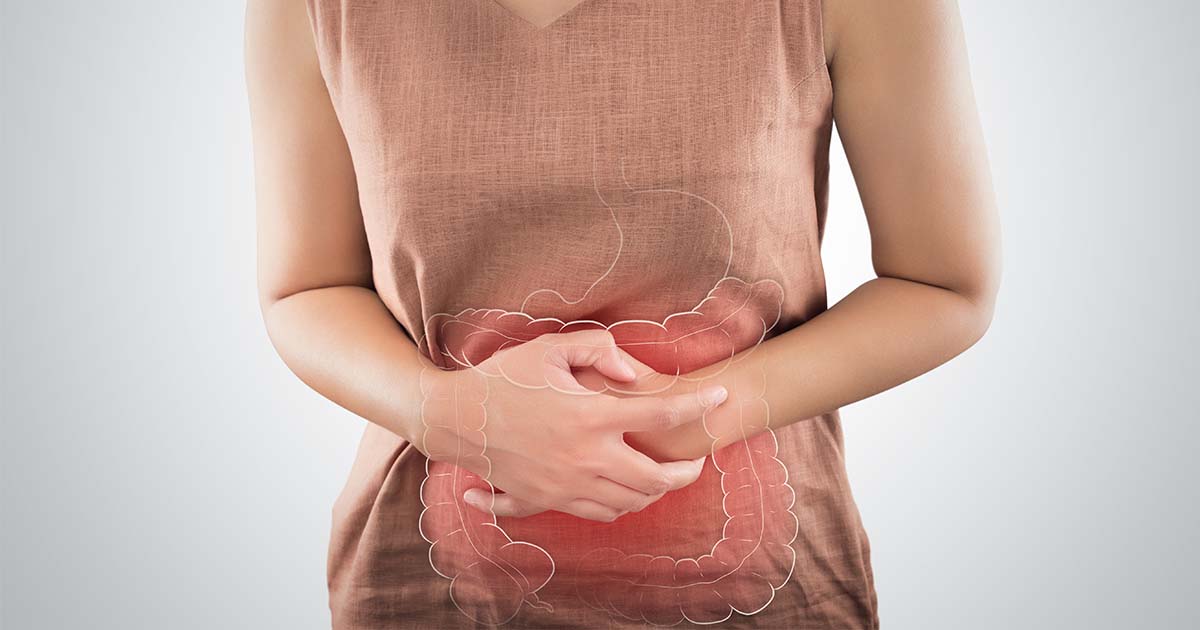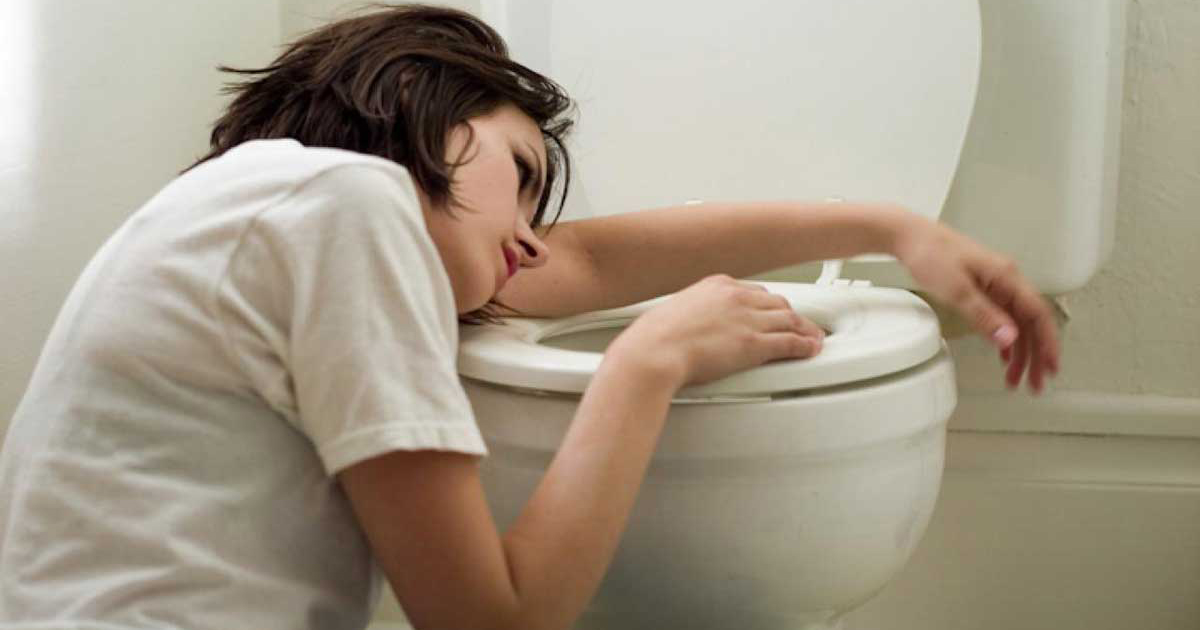Symptoms Of Endometriosis
Endometriosis is a painful disease that affects a woman's reproductive system. In this condition, the lining that usually grows inside the uterus, grows outside of the uterus instead. First noted in the 1920s by Dr. J. Sampson, endometriosis is an incurable disease that affects over 200 million women worldwide. This figure includes ten percent of the female population in the United States. It is a prevalent condition and as such is a prominent subject of medical research.
Get to know some of the major symptoms of endometriosis to be on the lookout for now.
Painful Periods

Painful periods are also called dysmenorrhea. The pain can begin several days before the period begins and can last until several days after it ends. Menstrual cycles cause pain in the form of cramps anyway, but the pain from endometriosis is different. It can be much more severe than regular period cramps, even debilitating.
The pain from endometriosis comes from the fact the endometrium doesn't have any way to filter out of the body after it breaks down during the menstrual cycle. It creates a fibrous substance that sticks to the organs and ends up causing cysts, scar tissue, and other problems. It may even cause the organs to stick together.
Continue reading now to learn about another symptom of endometriosis.
Fatigue

At one time, fatigue wasn't really associated with endometriosis. Theories have changed because recent studies have shown a correlation between women who suffer from endometriosis and women who suffer from extreme tiredness.
A recent study showed over fifty percent of women with endometriosis suffered from chronic fatigue. They also studied women who suffered from it but did not have endometriosis, and the study found only a little over twenty-two percent of these women suffer from it. Based on this research, having endometriosis more than doubles the number of women who suffer from chronic fatigue.
Get to know the next symptom of endometriosis now.
Pain During Bowel Movements

Often women who experience pain during bowel movements are diagnosed with irritable bowel syndrome (IBS) or some other disease before doctors discover they actually have endometriosis. This pain could also be accompanied by other bowel movement related problems, such as rectal pain or bleeding, constipation, diarrhea, and intestinal cramping.
One of the reasons for painful bowel movements is because endometriosis could create those fibrous tissues and cause the bowel to stick to the other organs in the reproductive tract. Another reason could be due to inflammatory mediators that cause problems with the bowel system. For example, prostaglandins can be released by endometrial tissue during menstruation, and this causes smooth muscle contractions.
Keep reading to reveal more symptoms of endometriosis.
Diarrhea Or Constipation

Diarrhea or constipation can occur in women with endometriosis for many of the same reasons they experience painful bowel movements. The endometrial tissue can trigger the release of extra cytotoxin-producing, non-invasive bacteria. These then trigger cytokines, an inflammatory mediator that stimulates the intestinal mucosa. This allows invasive bacteria to invade the intestinal mucosa, causing acute inflammation of the intestinal mucosa. In many cases, the immune system can't eradicate these types of invasive bacteria. Unfortunately, many invasive bacteria also release cytokines, so the cycle will continue to occur until the endometrial tissue is removed.
Learn more of the symptoms now.
Nausea

Nausea can be caused as a direct result of bowel problems from endometriosis. Although it isn't fully understood yet, one theory is the liver gets overworked, resulting in a nauseous feeling. Since the disease can trigger an increase in noninvasive and invasive bacteria, this can cause the liver to work harder to try to clean the body. Depending on how much of this bacteria is produced, it may become too much of a workload for the liver. If the liver can't keep up, these toxin-producing bacteria can make a woman feel nauseous, which may or may not be accompanied by vomiting.